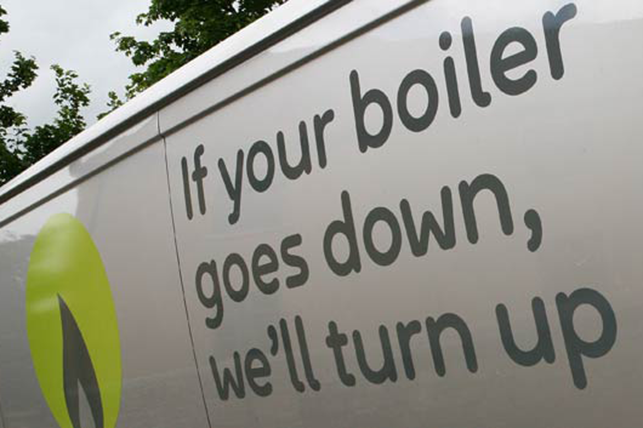A new report has shown that ongoing welfare reforms are pushing social housing tenants across the local area into poverty.

Eleven housing associations in the south west, including Curo, have joined forces to tackle the employment issues faced by residents in affordable housing as a direct result of the changes to welfare reform.
HAILO (Housing Association Influence and Leadership Organisation) commissioned Professor Anne Power at the London School of Economics to conduct a study, looking at how the government’s welfare reform programme will influence tenants’ work opportunities in the south west.
The report entitled ‘Work and welfare reform–impacts in the south west’, includes interviews with 200 working age social housing tenants, and brings to life a snapshot of tenants’ circumstances at the beginning of welfare reform.
HAILO’s key findings were:
- The bedroom tax is having a widespread impact, with many tenants unable to move to smaller properties or unwilling to leave their homes.
- Rising costs are leading tenants to rely on a range of coping strategies including cutting back on food and utilities, dipping into savings, selling their belongings and borrowing money.
- Tenants report losing confidence in their ability to manage their finances. 190 out of 200 tenants interviewed say they are struggling or just managing financially.
- 57% of households have no-one in work; although most would like to have a job, disability, ill-health and caring responsibilities are cited as the main barriers to work.
- Over four in five working households rely on benefits.
- Four fifths of tenants think it is difficult to find work, due to lack of experiences, qualifications and confidence.
- Incentives to work are not always clear to tenants due to the prevalence of low wage work and insecure contracts.
- Tenants fear that DWP administrative delays prompted by moving into and out work may cause sudden shortfalls in household budgets, leading to arrears, debt and poverty.
- Travel costs are a barrier to work, especially in rural areas where a car is essential to reach jobs
- Almost seven in ten do not feel well informed about welfare reforms.
The baseline report concluded that: “Generally, the baseline findings show that tenants view the welfare reforms as a great uncertainty that has the potential to disturb carefully managed, but limited household budgets.
“Welfare reform is leading to cuts in income for almost half of the tenants interviewed and is resulting in the growth of debt and rent arrears.
“Tenants are already struggling financially due to reduced income from work or benefits, particularly those affected by the bedroom tax, and tenants are anxious about their ability to find and hold down work.
“Almost all tenants report high levels of anxiety around coping day to day due to reduced resources and uncertainty about their economic future and impending benefit changes.”
Victor da Cunha, Chief Executive of Curo and sponsor of this research project, said: “While we at Curo are well aware of the issues faced by many of our customers, this research provides independent, empirical evidence of the real impact of Welfare Reform.
“We want to help Government fulfil their stated aim of supporting people back into work, while providing a fairer system for those who can’t make that step. We’re delighted to be working with Professor Anne Power who is a renowned expert in this field, along with her team at LSE, and look forward to the next report in the autumn”.



